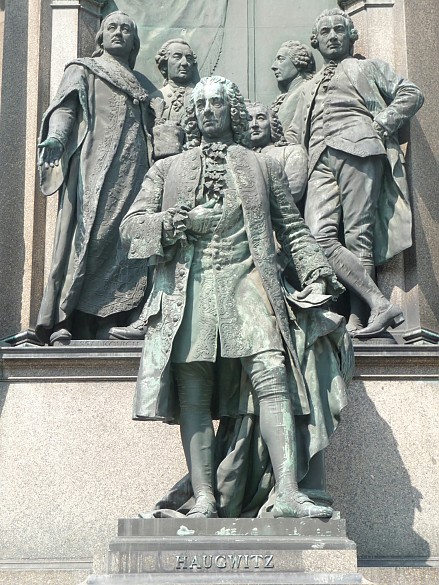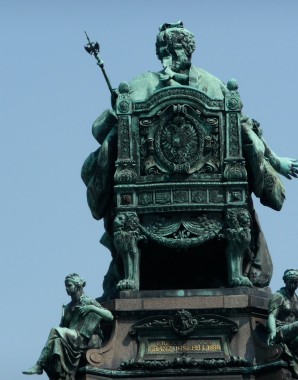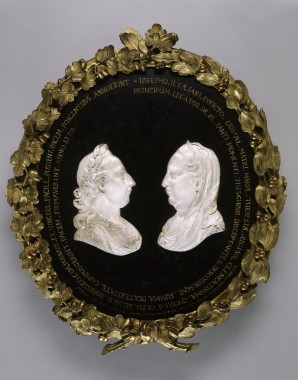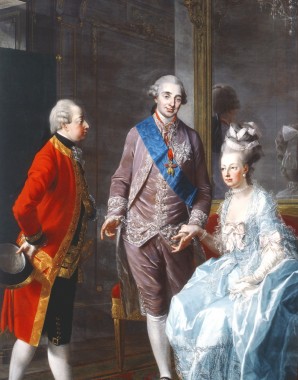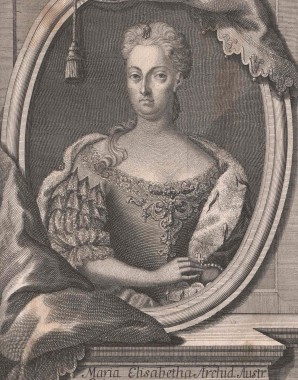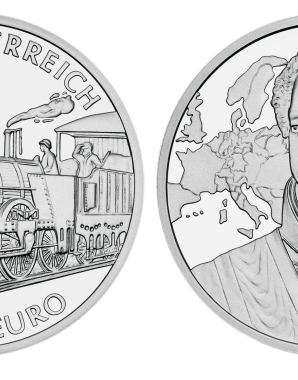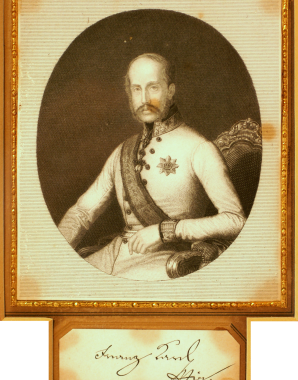Is Only the Emperor Powerful?
The Habsburg family is known above all as a ruling dynasty. Over a period of several centuries it brought forth a large number of emperors and thus made a decisive contribution to the shape of European history. However, the Habsburgs did not only wield power as emperors – numerous family members were able to exert political influence in other official and unofficial functions. Archduchess Sophie did so in her capacity as mother of the Emperor of Austria, and Archduke Josef as governor in Hungary; even Habsburgs who had no interest in politics at all occupied political positions, such as Franz Joseph’s father Archduke Franz Karl.
And even when a Habsburg was emperor, non-Habsburgs often had an important say in political decisions through their activities as advisors and collaborators. The dominant political figure of the first half of the nineteenth century, for example, was Prince Metternich. His name has become synonymous with a whole system of strict police methods.
